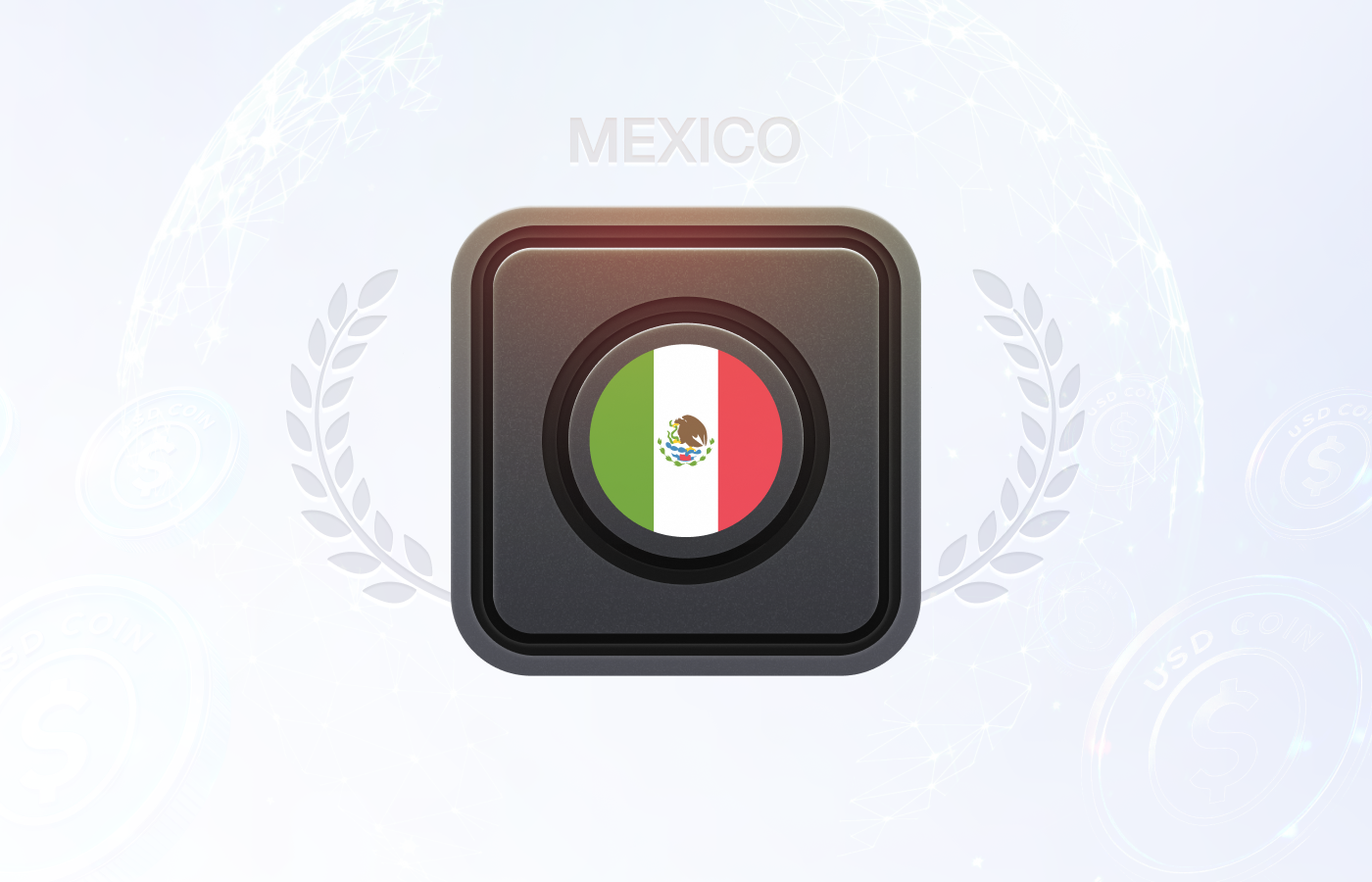Hire in United States
Learn more about employment regulations, pay requirements, and other important information about hiring workers in United States.

.avif)
Expanding into the United States presents an enormous opportunity for global businesses. Access to world-class talent in technology, finance, professional services, and beyond makes the U.S. one of the most desirable hiring destinations. Yet the complexity of U.S. labour law — with its mix of federal, state and local regulations — can quickly become a burden. That’s where a trusted Employer of Record (EOR) service steps in.
At Toku, our U.S. EOR service lets you hire U.S.-based employees without setting up your own U.S. legal entity. We become the legal employer, we handle contracts, payroll, tax filings and benefits, and you maintain full control of your team’s everyday work. Our combined global platform + U.S. local compliance team ensures you expand into the U.S. confidently, quickly and compliantly.
What Is an Employer of Record (EOR) & Why the USA Matters
An Employer of Record (EOR) is a service provider that legally hires employees on behalf of your business. You direct the employee’s work; the EOR handles the employment contract, onboarding, payroll processing, benefits, tax deductions, compliance with local labour laws and more. This model enables companies to enter a new market rapidly, without the cost, risk and time of establishing a fully-owned local entity.
The United States stands out as a key hiring market:
- Large talent pool across diverse industries
- Scale of remote/hybrid work and access to experienced professionals
- Strategic presence for global companies servicing clients in the U.S.
However, hiring in the U.S. means navigating:
- Federal laws (e.g., the Fair Labour Standards Act)
- State labour laws (which vary significantly)
- Payroll tax regimes at both state and federal levels
- Termination laws, benefit expectations, and multi-state compliance
With Toku’s U.S. EOR service, you bypass the entity-setup burden, get immediate access to U.S. talent, and stay fully compliant.
Why Toku?
- Global expansion platform that already covers multiple markets
- U.S.-local entity / partner network so you benefit from genuine local employment capabilities (not just third-party linking)
- Transparent pricing, dedicated U.S. compliance support and integrated technology to track your team, payroll and benefits in one place
Benefits of Using an EOR in the USA
Avoid Entity Setup and Legal Overhead
Forming a U.S. legal entity, registering in each state, and building your HR/payroll team takes time (often months), expense and expertise. With an EOR, you skip that. You can onboard U.S. employees in days, not months.
Manage Multi-State Compliance
U.S. state laws vary widely: wage and hour laws, overtime criteria, paid-leave requirements, tax registrations and unemployment insurance differ by state and sometimes even local jurisdictions. For a global employer, keeping track of 50 states plus territories is a significant challenge — and failure to comply can trigger back-pay, penalties, and reputational risk. An EOR handles these compliance obligations for you.
Hire Fast
Whether you’re testing the U.S. market or scaling quickly, speed matters. With Toku’s U.S. EOR, you can move from candidate acceptance to payroll in days, not the weeks or months of entity formation.
Reduce Misclassification and Compliance Risk
Misclassifying a worker as a contractor instead of an employee in the U.S. can trigger substantial fines, back-tax payments and litigation. Using an EOR shifts the legal employer relationship to the EOR, mitigating this risk.
Provide Localized Benefits & Attract Talent
Top U.S. hires expect competitive compensation, benefits, onboarding experience and payroll accuracy. An EOR with U.S. expertise ensures your offer meets market expectations — strengthening your employer brand in the U.S. talent market.
U.S. Employment Law Highlights for International Employers
While this is not legal advice, here are some key employment law considerations when hiring in the U.S.:
At-Will Employment and What it Means
In most U.S. states, employment is “at-will” — meaning either the employer or the employee can end the employment relationship at any time for any legal reason (or no reason at all), unless otherwise agreed. This differs from many other countries that require fixed-term contracts or severance. You’ll want an EOR that understands how “at-will” functions in U.S. states and incorporates that into documentation and policy.
Contract vs Offer Letter Practices
In the U.S., full employment contracts are less common outside executive roles; many employers use offer letters or at-will employment agreements. However, having a clear employment agreement (or equivalent) ensures clarity on role, compensation, termination rights and other key terms — an area where international employers sometimes need support.
Working Hours, Overtime & State Variances
The U.S. federal Fair Labour Standards Act (FLSA) sets minimum standards for overtime (e.g., 1.5× for non-exempt employees working over 40 hours a week). But states can impose additional rules — for instance daily overtime mandates in some states, or different thresholds. Your EOR must keep track of these variations to ensure pay compliance.
Paid Leave, Sick Leave, FMLA Basics
Unlike many countries, the U.S. does not require paid vacation or paid holidays at federal level. However, laws such as the Family and Medical Leave Act (FMLA) provide up to 12 weeks of unpaid, job-protected leave under certain conditions. Some states and municipalities impose paid sick leave or holiday obligations. Ensuring your U.S. hire receives the correct leave entitlement is essential.
State-by-State Differences
Each state may have its own rules around minimum wage, overtime, paid leave, payroll tax registrations, employee notices, termination laws and more. Large global employers must treat each state as effectively a separate employment jurisdiction — an administrative burden made easier by an experienced EOR.
Payroll, Taxes & Compliance Overview in the USA
For companies hiring U.S. employees, payroll and compliance are mission-critical. Here’s an overview of what’s involved and how Toku supports you.
Federal payroll taxes
Employers must withhold and pay federal taxes such as:
- Social Security (employer + employee portions)
- Medicare
- Federal unemployment tax (FUTA)
Toku’s payroll system ensures the correct federal withholdings, deposits and filings are managed.
State Payroll Taxes & Unemployment Insurance
Depending on the state, you may need to register for state unemployment tax, state income tax withholding, state disability insurance (in select states) and other payroll-related obligations. The EOR holds the registrations and filings on your behalf.
Withholding, Benefits Contributions & Reporting
The U.S. requires specific reporting for tax year-end (W-2s for employees, 1099s for contractors), quarterly filings, and careful handling of benefits like health insurance, retirement contributions and any other perks. Toku’s model integrates benefit management so your U.S. employee gets a best-in-class experience and you remain compliant.
Reporting and Filiings – W-2s, 1099s
Each employee must receive a W-2 form at year-end, summarising wages and withholdings. If you engage contractors, you may need to issue 1099s. Toku handles these administrative requirements as part of the EOR service.
How Toku Handles This End-to-End
With Toku’s U.S. EOR offering:
- We become the legal employer for U.S. hires, with full entity/regulatory registrations in all relevant states.
- Payroll, withholding, benefits and tax filings are managed via our integrated platform.
- We monitor regulatory changes across all 50 states and ensure your team remains compliant.
- You focus on managing your team’s performance and growth — we handle the HR, payroll and compliance infrastructure.
Hiring Process & Time-to-Hire with Toku
Step‐by‐step process:
- Engage & align – You choose the U.S. candidate, Toku sets up employment contract & onboarding.
- Onboarding – Candidate accepts; Toku issues employment agreement, performs necessary registrations, sets up payroll.
- Start work – Employee begins work; you direct day-to-day tasks.
- Ongoing management – Payroll runs, benefits are administered, the compliance framework is maintained by Toku.
- Scaling or offboarding – You can scale rapidly or offboard compliantly as needed.
Typical Timeframe
With the right candidate in place, companies can expect to onboard U.S. employees via Toku’s EOR in days rather than months. The exact time depends on state registrations, benefit enrolments and candidate start date. Toku’s streamlined global platform and U.S. local operations enable faster onboarding.
Your role vs Toku’s role
- Your Role: Identify and hire the candidate, integrate them into your operations, manage their work and performance.
- Toku’s Role: Legal employer, compliance partner, payroll & benefits administrator, state registrations, regulatory monitoring.
Contractor to Employee Conversion
If you have a U.S. contractor and decide to convert them to a full-time employee, Toku supports that transition seamlessly — while ensuring full compliance (classification, benefits, tax withholdings) and minimal risk.
Why Choose Toku vs Other EOR Providers in the USA
When selecting an EOR partner for the U.S., you want more than basic payroll outsourcing. Here’s how Toku stands out:
Global Platform + U.S. Local Entity/Partners
Unlike EOR providers who act purely as intermediaries, Toku combines a global HR/expansion platform with a real U.S. local employment infrastructure (entity or key partner) — giving you the best of both worlds: global scale + U.S. authenticity.
Transparent Pricing & No Hidden Fees
Many EOR providers have complex pricing with add-ons for each state, termination fees, currency conversion charges or other hidden costs. Toku ensures clear, upfront pricing, so your CFOs and finance teams have clarity.
Integrated Payroll + Benefits Dashboard
You gain access to a central dashboard where you can view your U.S. team’s payroll, benefits, onboarding status and compliance metrics. That level of transparency and control helps HR and finance stay aligned.
Dedicated U.S. Compliance Specialists
Toku provides U.S.–based (or U.S.-specialised) compliance and employment law experts who monitor changing legislation across all states and ensure your employment model remains up to date — reducing risk.
Success Stories & Employer Experience
“Since partnering with Toku, we hired our first five U.S.-based engineers in under two weeks. The payroll and benefits setup was completely taken care of, freeing our HR team to focus on culture and onboarding.” – HR Director, Tech Startup
Summary
When you combine speed, compliance, global scale and U.S. local employment expertise, Toku becomes the logical choice for companies seeking to hire U.S. talent without the burden of entity-setup and multi-state employment risk.
Get Started with Toku’s U.S. EOR Service
Ready to hire U.S. talent with confidence and speed?
Book a demo or request a quote today with Toku and start onboarding into the U.S. workforce in days — while staying fully compliant.
Let Toku handle the payroll, benefits and compliance while you scale your team.
FAQ: Frequently Asked Questions About the USA EOR
How quickly can I hire a U.S. employee through Toku’s EOR service?
With Toku, once you’ve identified your candidate and accepted the offer, you can typically complete employment setup and payroll registration in a few days, assuming no unusual state-specific hurdles. The exact timeframe depends on state registrations, candidate documentation, benefits elections and start date alignment.
Do I need to set up a U.S. legal entity to hire employees in the United States?
No. One of the key advantages of using Toku’s U.S. EOR service is that you do not need to establish a U.S. legal entity. Toku becomes the legal employer, assumes all employer obligations (contracts, payroll, taxes, compliance) and you focus on managing the employee’s work.
What payroll taxes and filings are required when hiring U.S. staff via an EOR?
Hiring U.S. employees involves: withholding federal taxes (Social Security, Medicare), paying employer-side payroll taxes (FUTA), registering for state taxes and unemployment insurance, preparing W-2s at year-end, and handling state-by-state filings. Toku handles all these for you as part of the EOR service.
Can I hire someone in the U.S. if they live in a different state than my registered business?
Yes. In the U.S., you can hire across states, but you must comply with the state employment laws and payroll tax obligations where the employee resides/work. Toku’s multi-state presence ensures you’re covered across all 50 states and territories.
How does Toku ensure compliance with multi-state employment laws in the U.S.?
Toku maintains a compliance team that monitors federal, state and local employment law changes. We hold registrations in all required jurisdictions, update employment agreements, monitor tax/benefit changes and ensure payroll runs adhere to state-specific rules on overtime, leave entitlements, minimum wage, termination notices and more.
What are the risks of misclassifying a U.S. employee or contractor, and how does an EOR mitigate them?
Misclassification can result in liability for unpaid payroll taxes, penalties, back wages, and employer misclassification lawsuits. Using an EOR like Toku mitigates these risks because the EOR becomes the legal employer, assumes classification responsibilities, and applies standard compliant employee contracts rather than relying on contractor designation unless appropriate.
What happens if I want to convert a U.S. contractor to a full-time employee via Toku?
Toku supports contractor-to-employee conversion. We’ll prepare the employment agreement, update payroll and benefits enrolment, update tax withholding as needed and ensure the transition remains compliant in the employee’s state of residence. You avoid ending services one way and starting fresh the other — conversion can be seamless.



